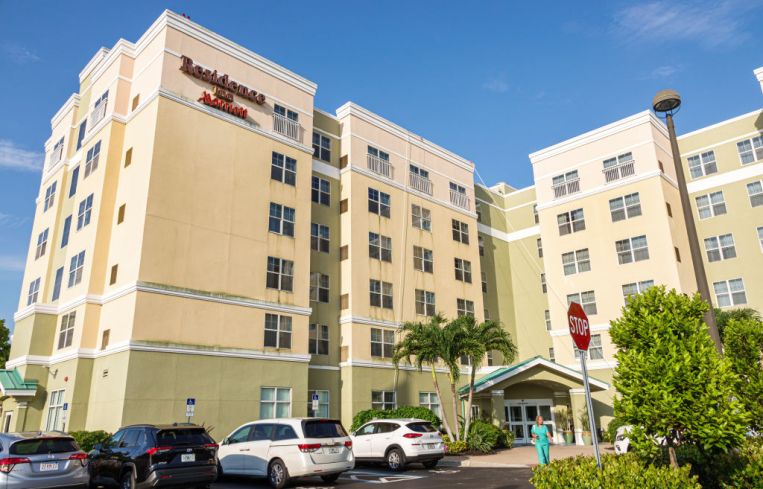U.S. Hotel Investment Sales Drop in First Quarter as Buyers Wait Out Uncertainty
By Celia Young April 14, 2023 5:24 pm
reprints
The total volume of hotel investment sales in the U.S. dropped to $7 billion in the first quarter of 2023, a 55 percent decline from the $15.49 billion of transactions that closed in the fourth quarter of last year, according to CoStar data. The volume was also down 20.8 percent annually.
Higher interest rates and a potential economic recession could be pushing the market into a bigger slowdown than usual as buyers wait to see how the industry will fare, said Jan Freitag, CoStar’s national director of hospitality analytics.
“There is continued uncertainty, and uncertainty breeds inaction,” Freitag said. “Investors are going to say, ‘Look, I’m just going to sit on the sidelines,’ before deciding what to do.”
High interest rates have made it more expensive for buyers to fund hotel purchases, cooling the market, Freitag said. Plus, the recent collapse of two regional banks — Silicon Valley Bank and Signature Bank — have made smaller banks more cautious when lending on properties, especially hotels, Freitag said.
“Hotels are traditionally seen as being more risky because our lease is only one night compared to an office or an industrial warehouse lease, which lasts five years or so,” Freitag said. “So if you are a regional bank and you want to lend a little bit, hotels are probably on Page 2 of your to-do list.”
Still, travelers continue to book rooms. Average nightly hotel prices in the U.S. rose to $152.01 in February, a 7 percent increase from its average of $142.11 in January and a 10.3 percent increase from February last year.
Revenue per available room (RevPAR), a standard industry metric for measuring hotel performance, also rose by 30.6 percent in 2022 to $93.41 compared to a year prior, according to hotel analytics company STR Global, which CoStar owns. STR predicts that RevPAR will continue to grow in 2023, though by a far smaller margin of 3.7 percent.
American demand for travel helped buoy the hotel market in 2022 and could keep sales from slowing to a halt in 2023, Freitag said.
“We’re not seeing a lot of growth, but we’ve seen a little bit of growth, and that little bit of growth is driven by the American consumer continuing to spend,” Freitag said. “As RevPAR grows, that means that hopefully profits grow, and that means then that people are more interested in hotels.”
Celia Young can be reached at cyoung@commercialobserver.com.



